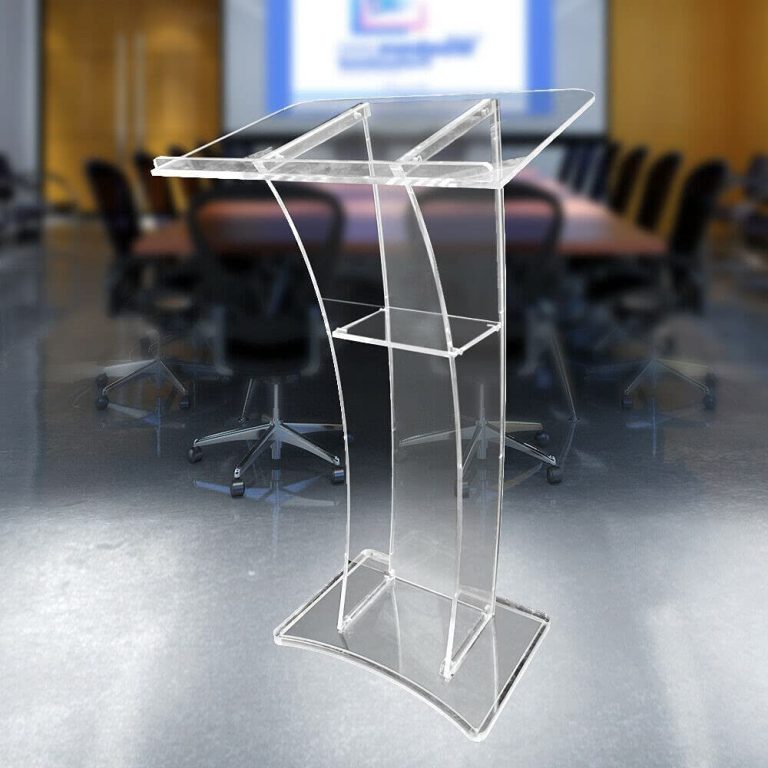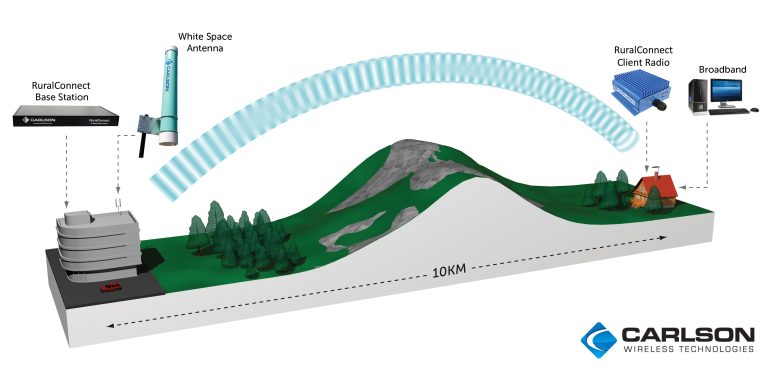How To Host A Corporate Event
To host a corporate event, plan a clear objective and budget, select a suitable venue, and coordinate logistics and catering services. A well-planned corporate event can enhance brand image and foster professional connections, leading to business growth and success.
It is essential to consider the needs and preferences of attending participants and ensure a seamless and engaging experience. By focusing on organization, communication, and attention to detail, you can host a memorable and successful corporate event.

Credit: www.kapow.com
Choosing The Right Venue
Selecting the perfect venue is crucial for hosting a successful corporate event. Make a lasting impression on attendees by carefully considering factors such as location, amenities, and capacity.
Consider The Event’s Purpose And Requirements
Choosing the right venue for a corporate event is crucial as it sets the tone and atmosphere for the occasion. The first step is to carefully consider the purpose and requirements of the event. Ask yourself what you hope to achieve with this event. Is it a product launch, a conference, a team-building retreat, or a networking event? Each type of event requires a different kind of venue. For instance, a product launch may need a modern and well-equipped space to showcase your new product, while a conference may require multiple breakout rooms and a large auditorium for keynote speeches. Identify the specific needs and objectives of your event to ensure you find a venue that can accommodate them.Assess The Location And Accessibility
Next, think about the location and accessibility of the venue. Consider the convenience for your attendees and key stakeholders. Is it easily accessible by public transportation? Does it have ample parking spaces for those who will be driving? Will everyone be able to reach the venue without any hassle or confusion? These are important questions to address to ensure that your event is easily accessible to all participants. Additionally, assess the location based on its compatibility with the event’s purpose. If you’re hosting a corporate retreat or team-building event, you might want to choose a venue that is situated away from the city hustle, surrounded by serene and picturesque landscapes. On the other hand, if it’s a networking event or conference, a more central location with nearby hotels and restaurants might be more suitable.Take Into Account The Capacity And Layout
Lastly, when choosing a venue, take into account the capacity and layout that would best suit your event. Consider the number of attendees you’re expecting and ensure that the venue can comfortably accommodate them. The last thing you want is for your guests to feel crammed or overwhelmed in a space that is too small. The layout of the venue is equally important. Will you need a stage for presentations? Are breakout rooms necessary for smaller group discussions or workshops? Think about the flow of the event and how the space can be efficiently utilized to maximize engagement and interaction among participants. Remember, choosing the right venue is an essential aspect of hosting a successful corporate event. By carefully considering the event’s purpose and requirements, assessing location and accessibility, and taking into account capacity and layout, you’ll be one step closer to creating a memorable and impactful event experience for all involved.
Credit: www.hoppier.com
Creating A Budget
Learn the art of creating a budget to host a successful corporate event. With careful planning and strategic allocation of resources, you can optimize your event’s impact while staying within your financial limits.
Creating a budget plays a crucial role in the success of hosting a corporate event. It helps you manage your expenses effectively and stay within your financial limits. In this section, we will discuss the key steps involved in creating a budget for your corporate event. By following these steps, you can ensure that you allocate your funds wisely and consider any additional costs that may arise.Determine The Overall Budget
The first step in creating a budget for your corporate event is to determine the overall amount of money you are willing to invest. This will serve as the foundation for your budgeting process. Take into account factors such as the size of the event, the venue, and the number of attendees. Be sure to consider both fixed costs and variable costs when determining your overall budget.Allocate Funds For Different Aspects
Once you have established the overall budget for your corporate event, it’s important to allocate funds for different aspects of the event. This involves breaking down your budget into categories such as venue rental, catering, audiovisual equipment, decorations, marketing, and staff expenses. By categorizing your expenses, you can track your spending and ensure that each aspect of your event is adequately funded. If a table seems suitable, you can represent the allocation of funds as follows:| Aspect | Allocated Funds |
|---|---|
| Venue Rental | $X |
| Catering | $Y |
| Audiovisual Equipment | $Z |
| Decorations | $A |
| Marketing | $B |
| Staff Expenses | $C |
Consider Any Additional Costs
In addition to the allocated funds for different aspects of your event, it’s important to consider any additional costs that may arise. These could include unexpected expenses, such as last-minute changes or emergency services. By setting aside a contingency fund, you can ensure that you have the flexibility to handle unforeseen circumstances without impacting your overall budget. By following these steps and considering each H3 heading adhering to HTML syntax, you can create a budget that allows you to host a corporate event seamlessly. With a well-planned budget in place, you can confidently manage your expenses, maximize your resources, and ensure a successful and memorable event for your company.Planning The Event Agenda
One of the key elements of hosting a successful corporate event is planning a well-structured agenda. An agenda not only provides a clear guide for the event but also ensures that participants are engaged and the event runs smoothly. In this section, we will discuss how to define the schedule and duration, outline the activities and presentations, and allow for breaks and networking in your corporate event agenda.
Define The Schedule And Duration
The first step in planning your event agenda is to define the schedule and duration. Consider the following factors:
- Start by determining the overall duration of the event. Will it be a one-day event, or span over multiple days?
- Divide the event into different time slots and assign specific activities or presentations for each slot. This will help participants know what to expect and stay on track.
- Make sure to allocate sufficient time for each activity or presentation. Avoid cramming too many items into a limited time frame, as this can lead to rushed presentations and disengaged participants.
- Include buffer time between sessions to allow for unforeseen circumstances or last-minute changes.
Outline The Activities And Presentations
Once you have defined the schedule and duration, it’s time to outline the activities and presentations. Consider the following:
- Identify the key objectives of your event and choose activities and presentations that align with these goals.
- Break down each activity or presentation into smaller segments or modules, making it easier for participants to follow and comprehend.
- Provide a brief overview of each activity or presentation in the agenda, highlighting the topics or themes that will be covered.
- Arrange the activities and presentations in a logical order, ensuring a smooth flow of information.
Allow For Breaks And Networking
An effective event agenda allows for breaks and networking opportunities. Here are a few considerations:
- Schedule regular breaks to give participants time to refresh, recharge, and absorb the information shared.
- Designate specific times and spaces for networking, encouraging participants to connect, share ideas, and build relationships.
- Consider incorporating interactive activities during breaks to promote engagement and facilitate networking.
Managing Logistics And Technical Requirements
To successfully host a corporate event, efficient management of logistics and technical requirements is crucial. From coordinating vendors and equipment rentals to ensuring smooth operations during the event, careful planning and execution are essential for a seamless experience.
Manage Logistics And Technical Requirements
Managing logistics and technical requirements is crucial when hosting a successful corporate event. From arranging necessary equipment and technology to coordinating transportation and accommodation, these factors play a significant role in ensuring a seamless and efficient event.Arrange For Necessary Equipment And Technology
To create a productive and engaging atmosphere, it is essential to arrange for the necessary equipment and technology. This includes audiovisual systems, projectors, microphones, and staging equipment. Having a reliable internet connection is also paramount, as it allows for seamless presentations and real-time communication. Additionally, consider providing charging stations for attendees’ devices to ensure they can stay connected and engaged throughout the event.Coordinate Transportation And Accommodation
Coordinating transportation and accommodation is crucial to ensure that all attendees can easily reach the event location and have a comfortable stay. Arrange for transportation services, such as shuttles or car services, to pick up guests from airports or hotels. If attendees are coming from out of town, consider partnering with local hotels to secure group rates and convenient room blocks. Provide clear instructions on transportation options and include detailed information about accommodation options in your event communication.Consider Catering And Refreshments
Food and beverages are an integral part of any event, so it’s important to consider catering and refreshments that will meet the needs and preferences of your attendees. Start by determining whether the event requires a sit-down meal, buffet-style service, or simple refreshments. Cater to dietary restrictions and preferences by offering a variety of menu options, including vegetarian, vegan, gluten-free, and dairy-free choices. Ensure that there are appropriate food and beverage stations throughout the event space, providing easy access for attendees. Overall, managing logistics and technical requirements ahead of time can alleviate potential issues and enhance the overall experience of your corporate event. By arranging necessary equipment and technology, coordinating transportation and accommodation, as well as considering catering and refreshments, you can create a seamless and enjoyable event for all attendees.Marketing And Promoting The Event
Discover effective strategies to market and promote your corporate event, ensuring its success. Learn how to attract attendees, create engaging content, leverage social media, and optimize your event website for increased visibility. Enhance your event’s impact with expert marketing techniques.
Create A Compelling Event Website Or Landing Page
Creating a compelling event website or landing page is crucial for effectively marketing and promoting your corporate event. A well-designed and user-friendly website or landing page can act as a central hub of information for potential attendees. It should highlight the key details of the event and provide a clear call-to-action. To create an engaging website or landing page, consider the following strategies:- Design a visually appealing layout with eye-catching graphics and high-quality images.
- Keep the content concise and informative, using bullet points or short paragraphs to enhance readability.
- Include an easy-to-fill registration form, prominently placed on the page.
- Display a countdown timer to create a sense of urgency among visitors.
- Add testimonials or success stories from previous corporate events to build credibility.
Utilize Email Marketing And Social Media
Email marketing and social media are powerful tools for reaching a wider audience and generating excitement for your corporate event. These strategies enable you to communicate directly with potential attendees and keep them informed about the event. To make the most of email marketing and social media:- Build an email list by offering exclusive content or incentives for signing up.
- Create engaging and personalized email campaigns to capture the attention of your recipients.
- Share teasers or behind-the-scenes content on social media to create anticipation.
- Encourage social media users to share your event updates with their networks by providing shareable content.
- Utilize hashtags and tag relevant accounts to increase the visibility of your event on social media platforms.
Reach Out To Targeted Audiences And Influencers
To ensure your corporate event reaches the right audience, it’s essential to identify and reach out to targeted audiences and influencers who can help amplify your message. These influencers can be industry leaders, niche bloggers, or well-known personalities who have a substantial following. When reaching out to them:- Personalize your outreach messages, highlighting how their involvement can benefit both parties.
- Offer exclusive perks or incentives for influencers to promote your event.
- Collaborate with influencers on guest blog posts or interviews to increase exposure.
- Utilize guest posting opportunities on industry-related websites or blogs to reach your target audience.

Credit: www.talk-business.co.uk
Frequently Asked Questions Of How To Host A Corporate Event
How Do You Plan A Corporate Event Effectively?
To plan a corporate event effectively, start by setting clear objectives, determining a budget, creating a detailed timeline, choosing a suitable venue, and coordinating with vendors and suppliers.
What Are Some Popular Corporate Event Themes?
Some popular corporate event themes include “Building Bridges,” “Innovation Summit,” and “Leadership Retreat. ” Choose a theme that aligns with your company’s values and goals to create a memorable event experience.
What Are The Key Elements Of A Successful Corporate Event?
The key elements of a successful corporate event include strategic planning, engaging content, seamless coordination, attention to detail, efficient communication, and personalized experiences for attendees.
Conclusion
Hosting a successful corporate event requires careful planning, attention to detail, and effective communication. By following the steps outlined in this blog post, you can ensure that your event runs smoothly and leaves a lasting impression on your attendees. From choosing the right venue to creating a memorable experience, every aspect of event management plays a crucial role in its success.
Remember to be mindful of your audience’s needs and expectations, and don’t be afraid to think outside the box to create a unique and engaging event. Happy hosting!




